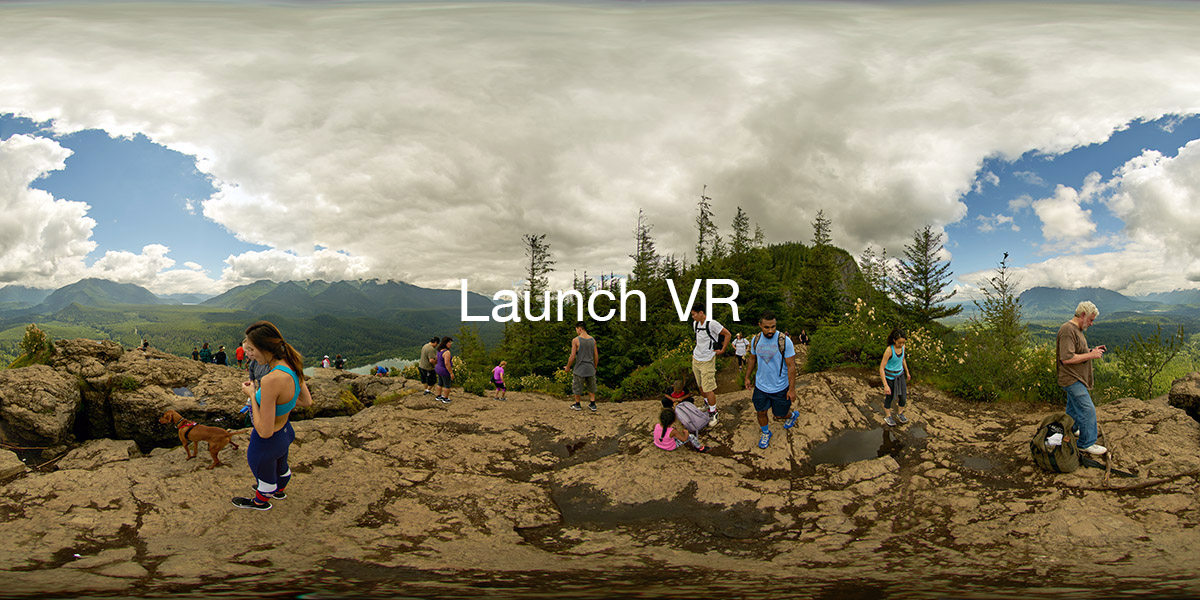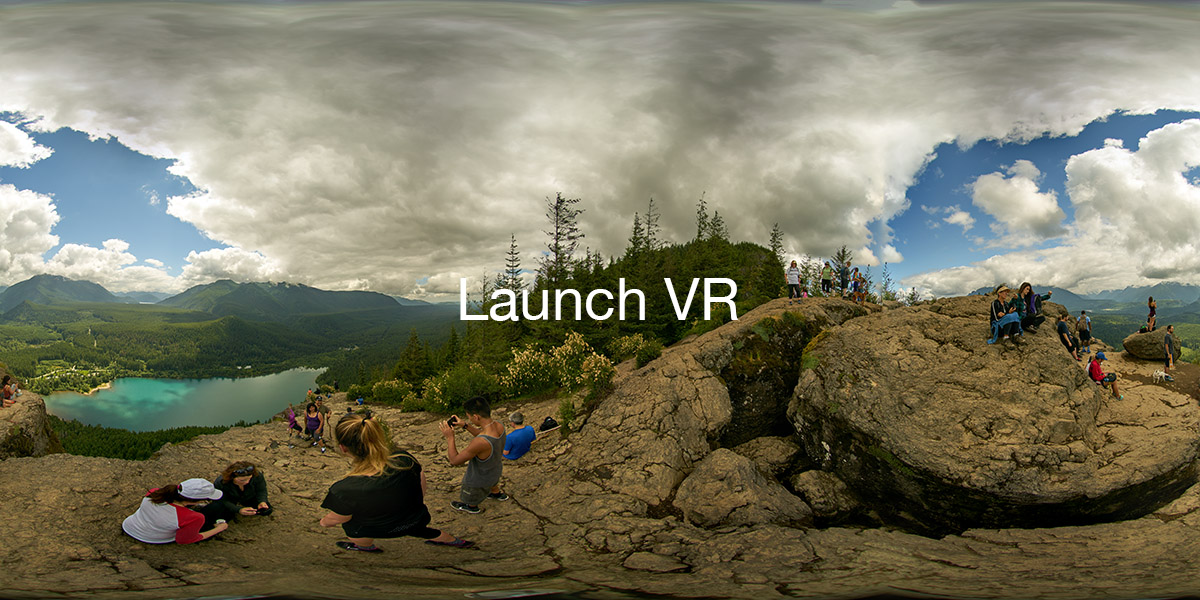This list, instead, tallies the kind of tracking an average person might encounter on an ordinary day in the United States. Each example has been sourced officially or from a major publication.
Car movements – Every car since 2006 contains a chip that records your speed, braking, turns, mileage, accidents whenever you start your car.
Highway traffic – Cameras on poles and sensors buried in highway record the location of cars by license plates and fast-track badges. Seventy million plates are recorded each month.
Ride-share taxis – Uber, Lyft, and other decentralized rides record your trips.
Long-distance travel – Your travel itinerary for air flights and trains is recorded.
Drone surveillance – Along U.S. borders, Predator drones monitor and record outdoor activities.
Postal mail – The exterior of every piece of paper mail you send or receive is scanned and digitized.
Utilities – Your power and water usage patterns are kept by utilities. (Garbage is not cataloged, yet.)
Cell phone location and call logs – Where, when, and who you call (meta-data) is stored for months. Some phone carriers routinely store the contents of calls and messages for days to years.
A Few Madison Scenes










Winter Summer Inn View

A quite relaxing inn with a splendid view.
Snoqualmie Falls, Washington
Saab 95 V4 Wagon
Seattle Views



The indefatigable DUKW.
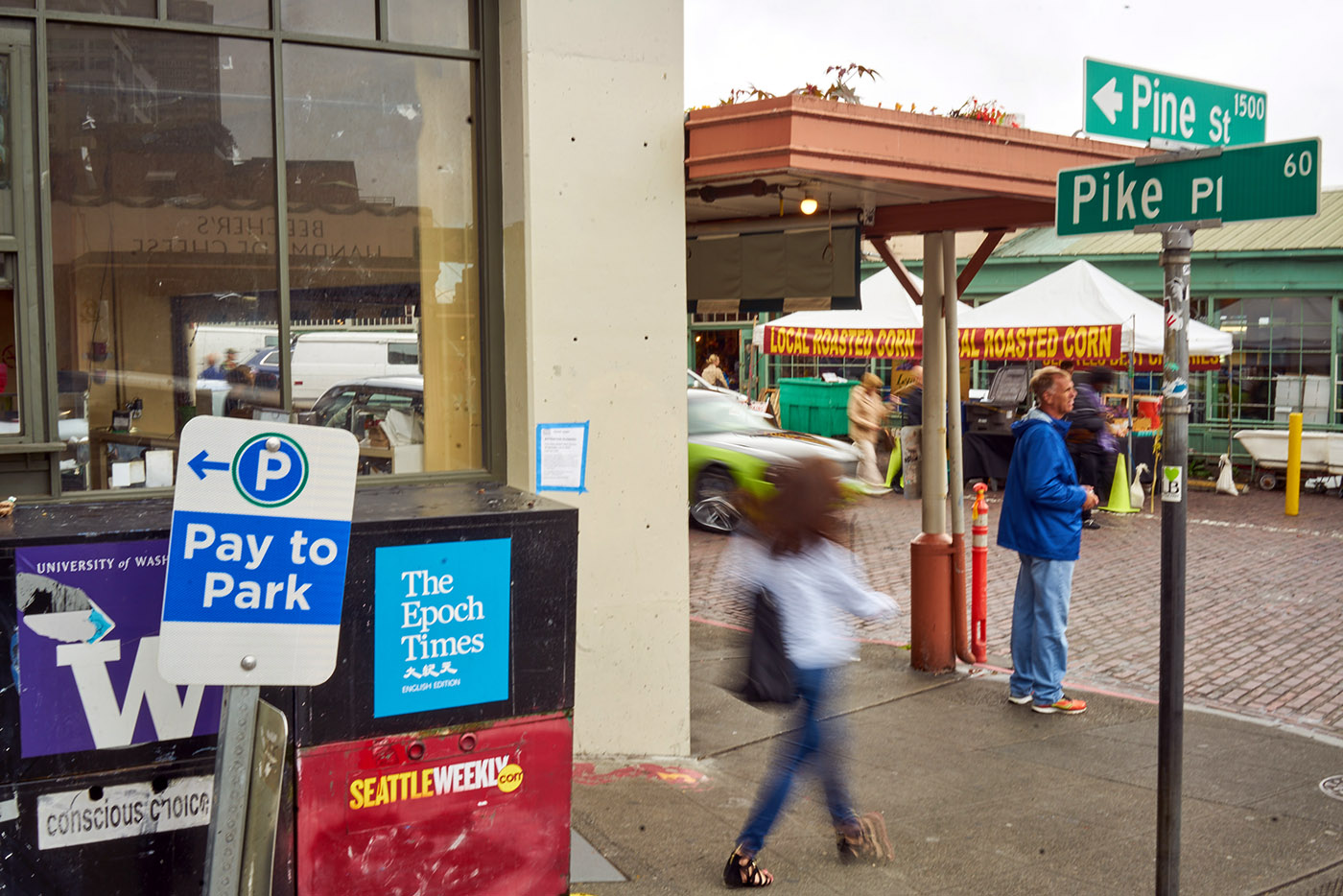












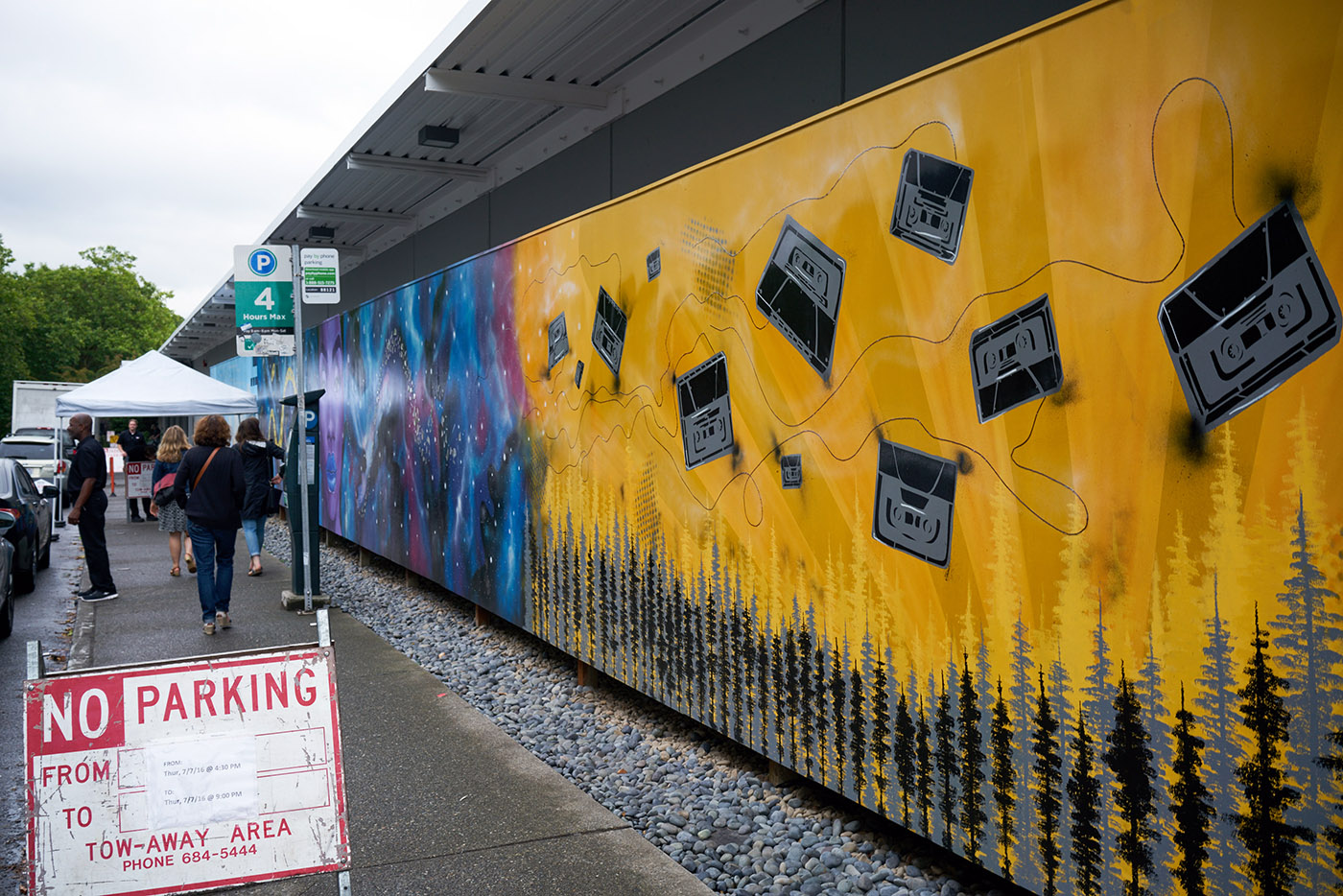
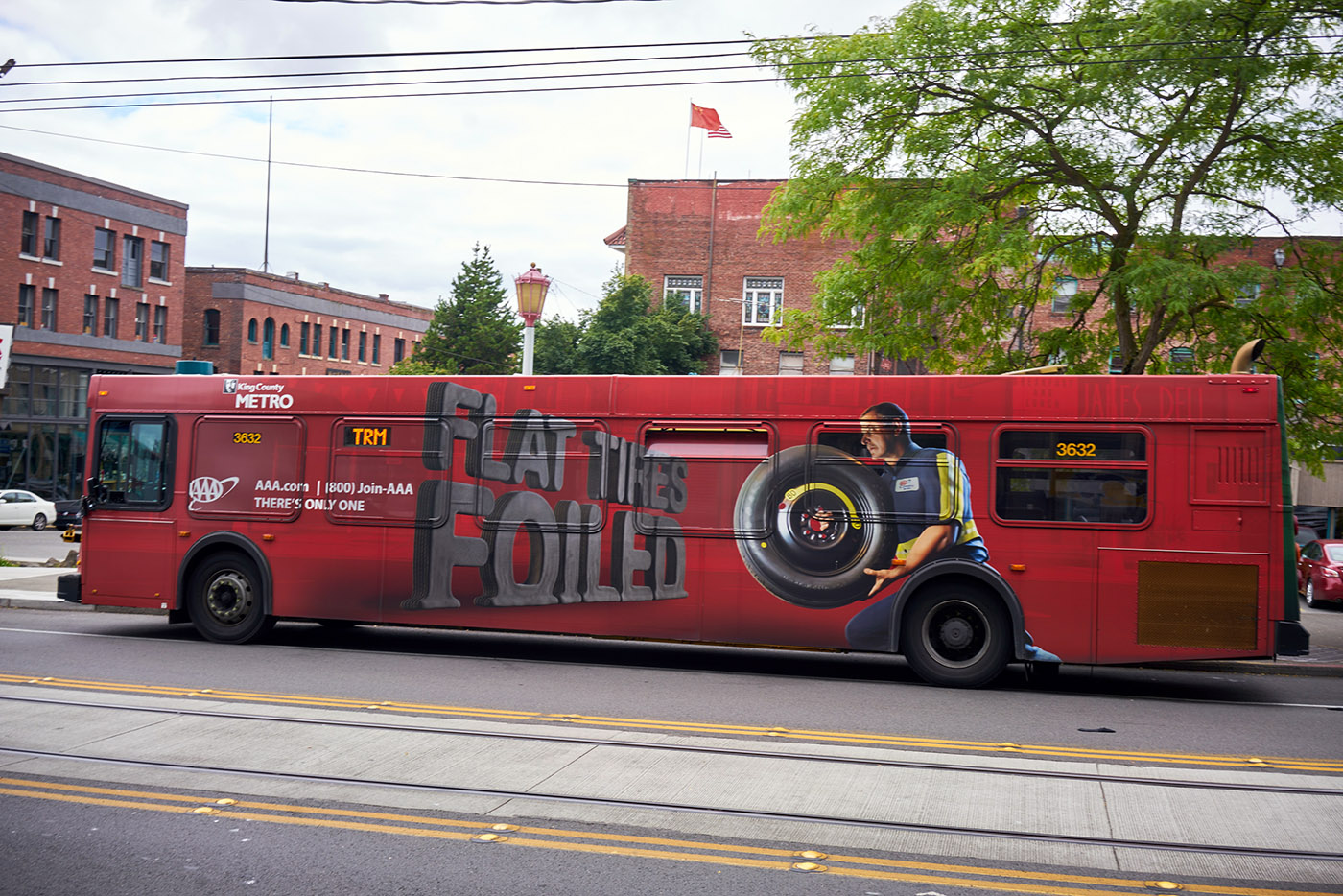


Tap for a larger view (above), taken on the Bainbridge Island – Seattle Ferry.



The astute observer might notice Beecher’s cheese.
Rattlesnake Ledge Panoramas
Still. Summer 2016.
I’ve not seen this in awhile. A young professional on travel with the mandated Blackberry in one hand and the personal iPhone in another.
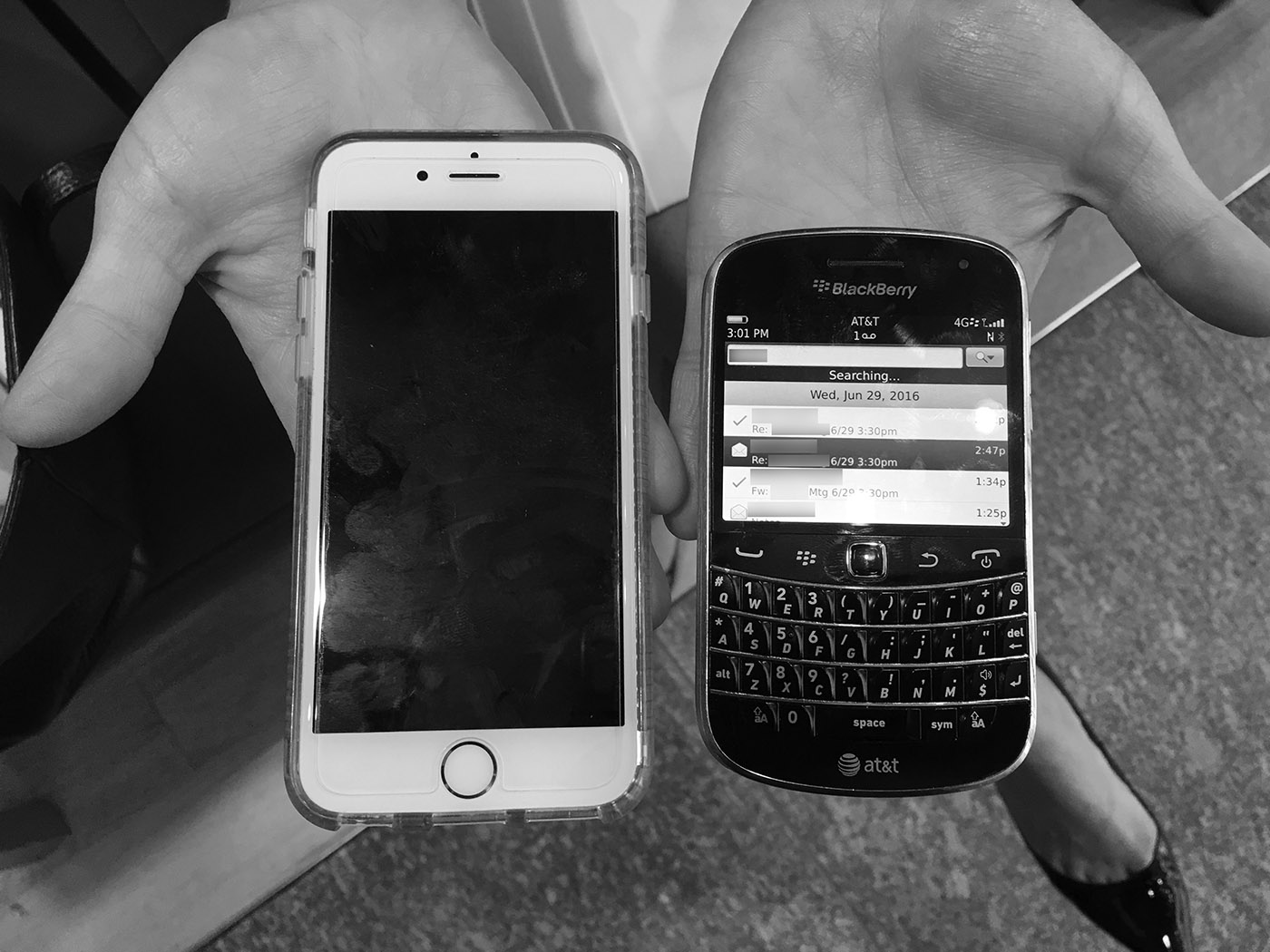
Still. Summer 2016.
The employer is quite large. “Thanks for pointing this out”.
Dispelling the myth that “business leaders don’t need to be technical”
We expect our executives to have a strong understanding of the financial performance of their companies. Shareholders would find it strange – or more likely, unacceptable – if a CEO said, “I’m not financially-inclined” and passed along financial performance inquires to his or her CFO. Similarly, CEOs in an increasingly digital world will struggle to say, “I’m not technical” and hand over mission-critical business questions for the engineers to answer.
Would you, as an employer, hire an MBA who graduated from a program that taught strategy, marketing, leadership, and operations — but did not teach finance or accounting? An MBA program that lacks a computer science curriculum is like a program that lacks finance or accounting.
Who owns the news consumer: Social media platforms or publishers?
The relationship between news organizations and platform companies has become far closer far more quickly than anyone predicted. The increasing influence of a handful of West Coast companies is shaping every aspect of news production, distribution, and monetization.
In the past 18 months, companies including Facebook, Apple, Twitter, Snapchat, and Google have moved from having an arm’s length relationship with journalism to being dominant forces in the news ecosystem. By encouraging news publishers to post directly onto new channels, such as Facebook Instant Articles and Snapchat Discover, tech companies are now actively involved in every aspect of journalism.








